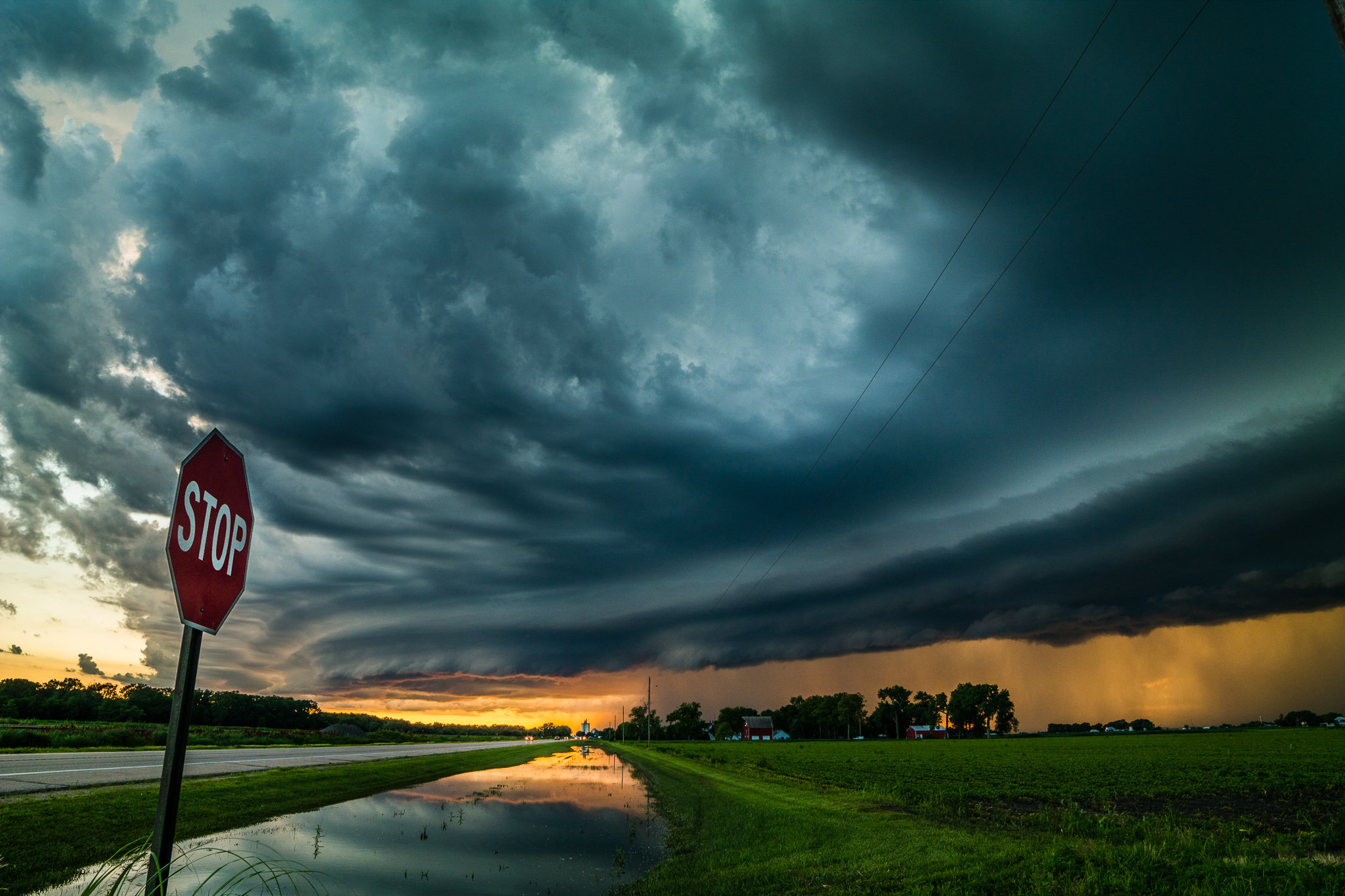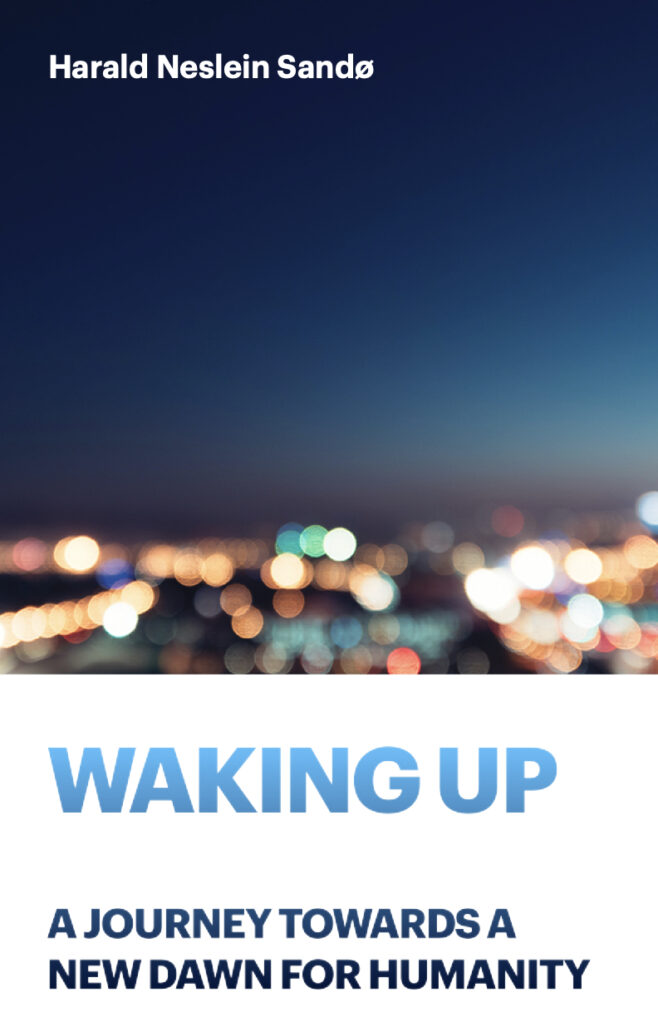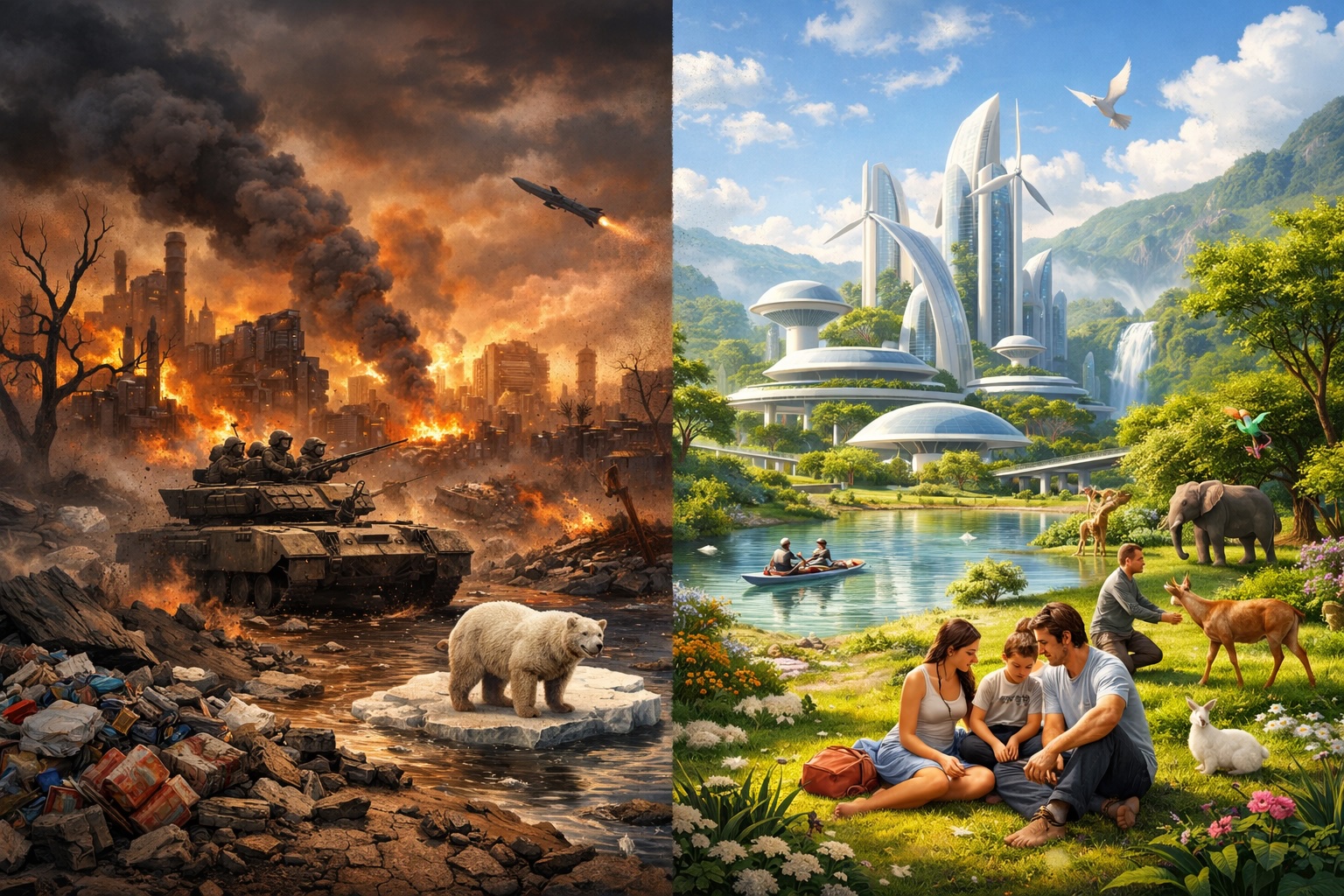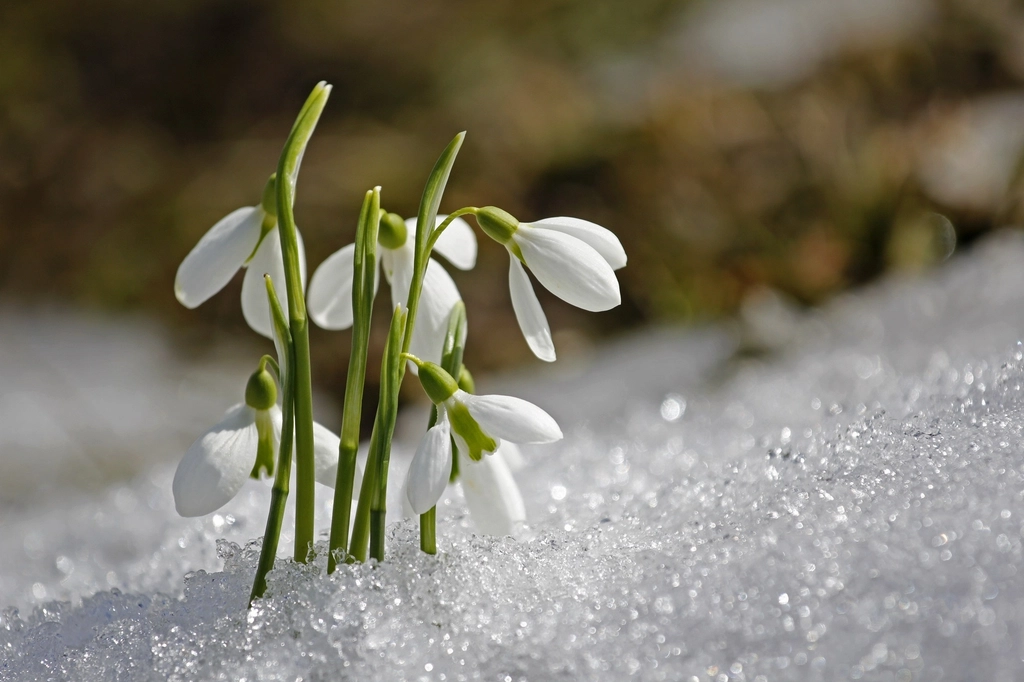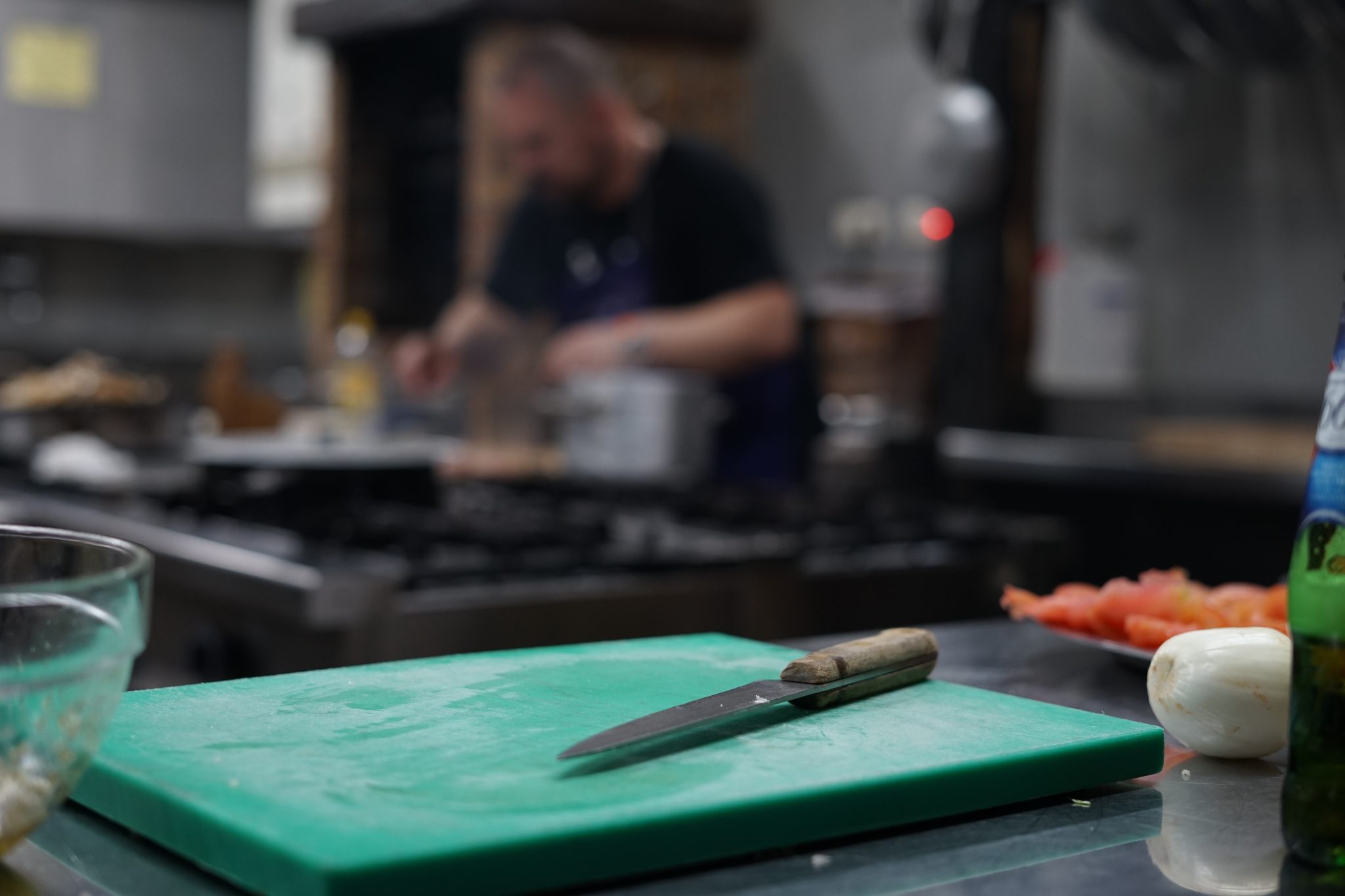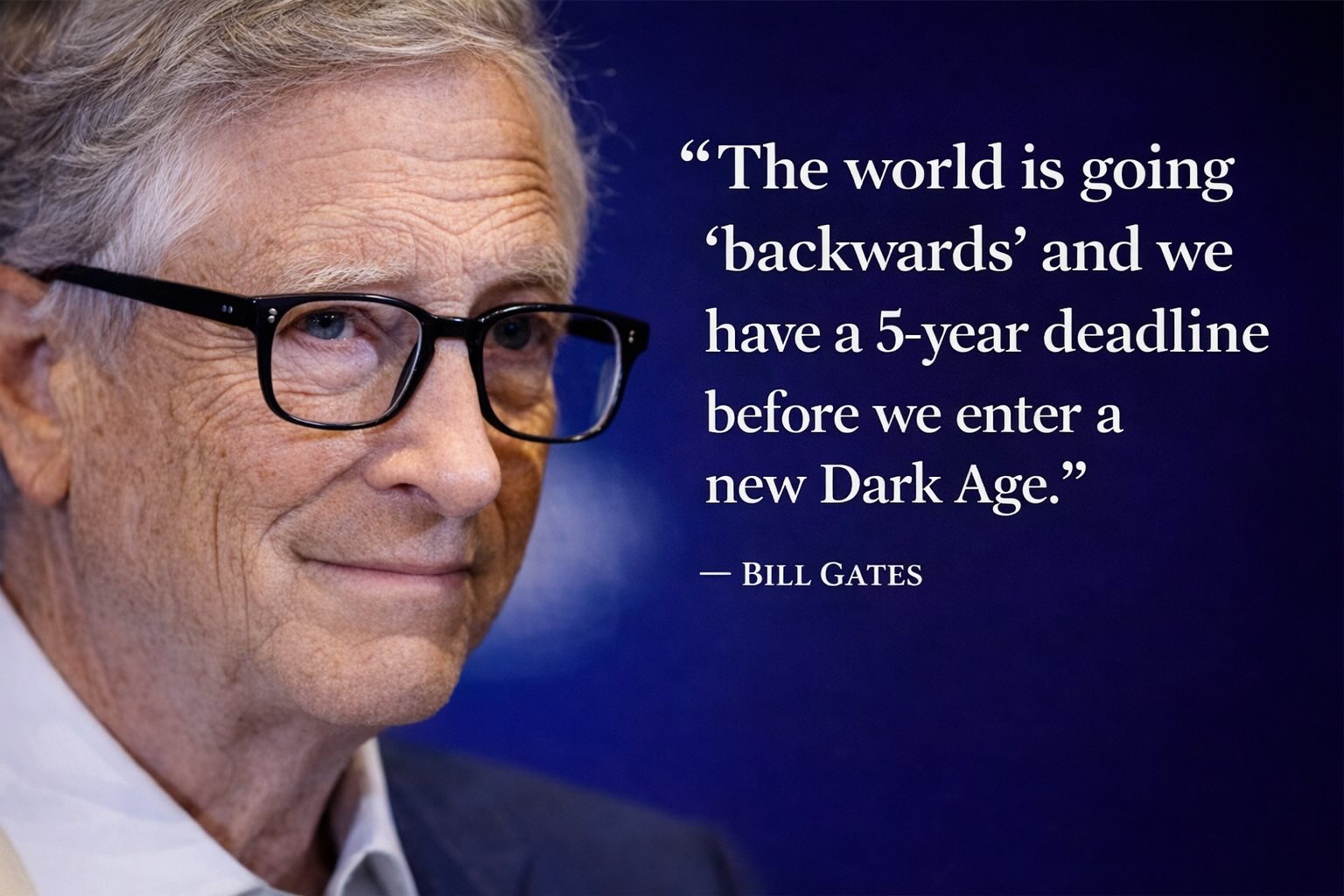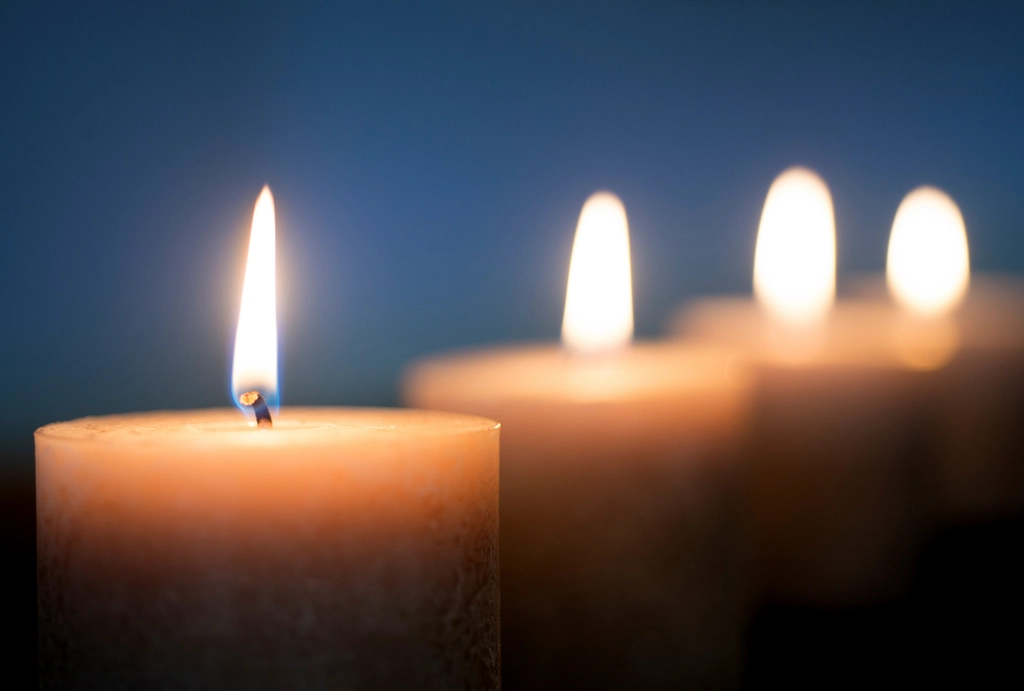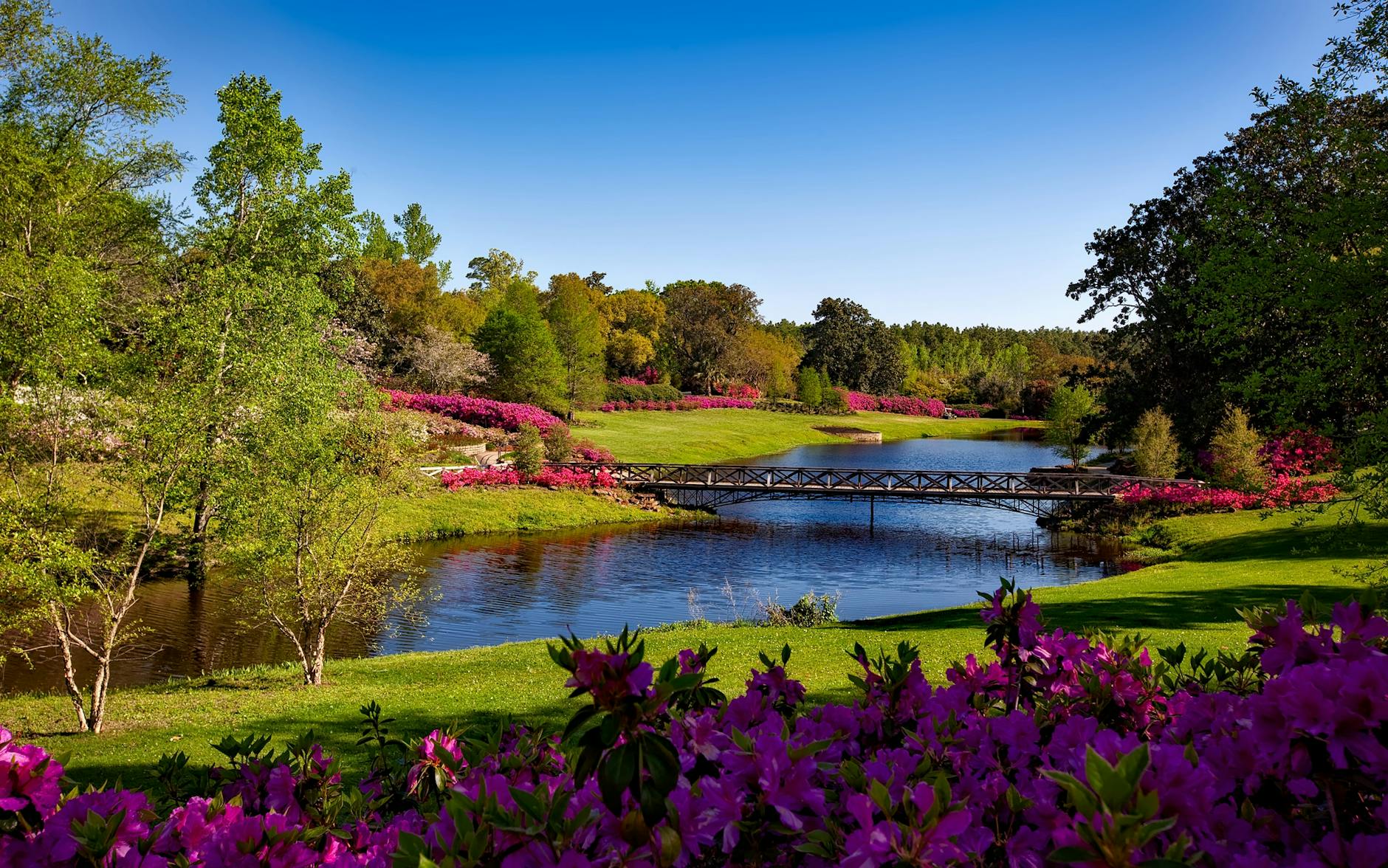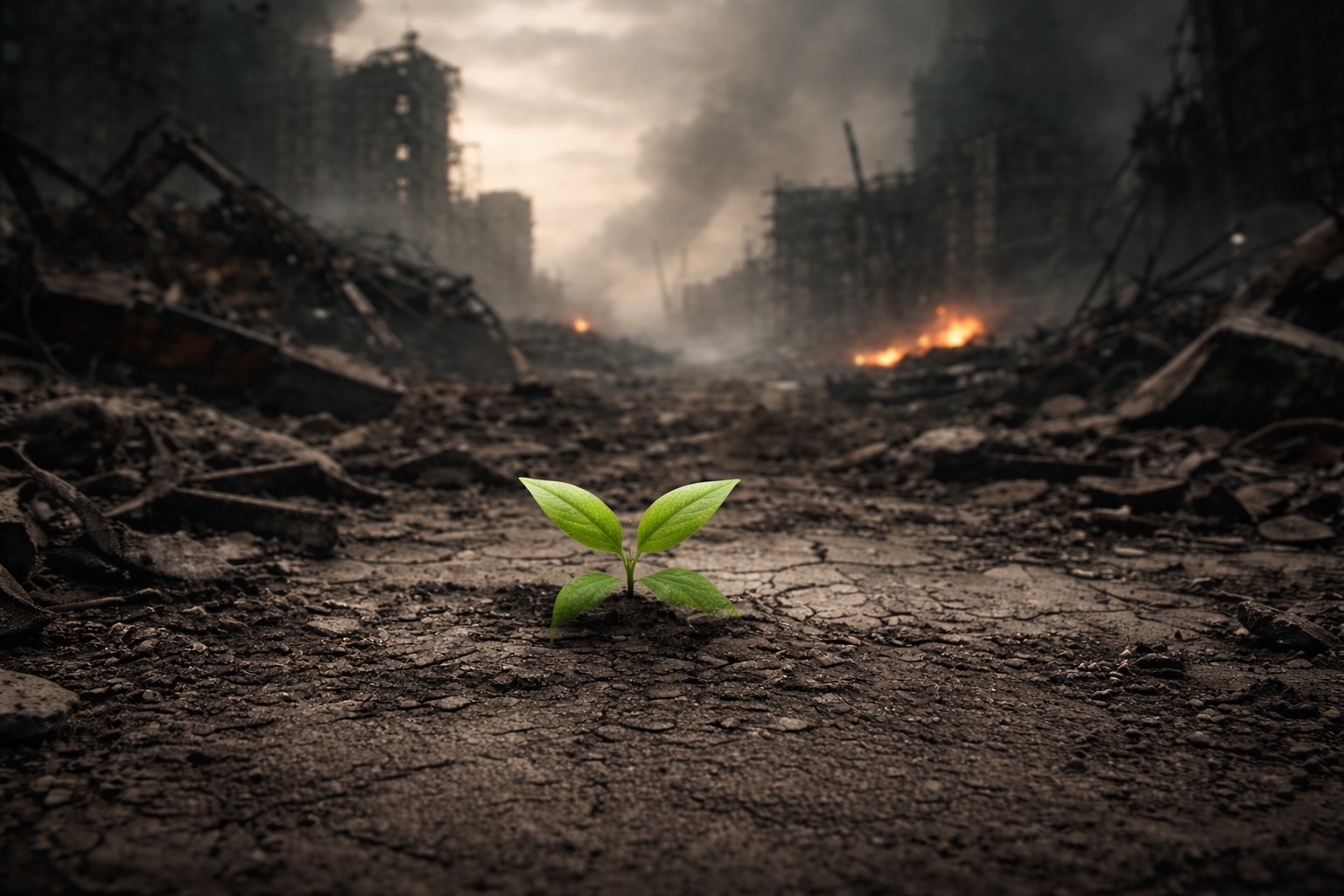When Woody Guthrie wrote “This Land Is Your Land,” it wasn’t meant as a patriotic sing‑along. It was a quiet protest.
One of the verses that later disappeared tells the real story:
As I went walking, I saw a sign there,
And on the sign it said “PRIVATE PROPERTY.”
But on the other side, it didn’t say nothing —
This land was made for you and me.
That line doesn’t celebrate a nation. It questions a system.
Because the idea that land can be fenced, owned, and withheld from others is not ancient or natural. It is recent — and costly.
⸻
Before land had owners
For most of human history, land was not owned in the modern sense.
Indigenous societies across the world understood land as something you belong to, not something that belongs to you. Communities stewarded territories collectively. People used land, cared for it, moved with it’s seasonal rhythm — but did not sell it as an abstract asset.
Land was identity, ancestry, responsibility.
When Europeans arrived and asked, “Who owns this land?”, the question itself often made no sense. There was no word for ownership as exclusion. What existed was use, care, and shared obligation.
This wasn’t naïveté. It was systems literacy before the word existed.
⸻
Enclosure changes everything
Once land becomes private property, a chain reaction begins:
1. Exclusion — someone is now outside the fence
2. Scarcity narratives — “they want to take what’s ours”
3. Defense structures — borders, armies, enemies
And then comes the final step we rarely name:
Young boys are recruited to defend land they will never truly own.
Nationalism provides the emotional cover. You are told you are defending the nation, the flag, the people. But underneath the symbols, wars are still about territory, resources, and power.
Private ownership doesn’t just divide land. It divides humanity.
⸻
Guthrie saw it clearly
Woody Guthrie performed with a guitar carrying the words:
THIS MACHINE KILLS FASCISTS

He didn’t mean violence. He meant clarity.
Songs, stories, and plain truth kill fascism by removing its disguise. Fascism thrives when people are taught to defend systems that quietly exclude them.
Guthrie looked at hunger beside abundance, fences beside empty land, relief lines in the shadow of churches — and asked a simple question:
Is this land made for you and me?
That question is still unanswered.
⸻
What’s different now
For centuries, exclusive land ownership was justified by scarcity:
• not enough food
• not enough space
• not enough coordination
• not enough trust
Today, that justification is collapsing.
In a high‑tech world:
• land can be mapped, monitored, and protected without being owned. It is mapped to the responsible stewards instead.
• cities can take less space while offering more quality of life
• ecosystems can be restored alongside human flourishing
• abundance can be designed instead of fought over
The technical reasons for exclusion are disappearing. What remains are habits, power structures, and fear.
⸻
Returning forward
This is not about going back to the Stone Age.
It is about returning to stewardship, supported by modern tools.
Indigenous cultures had the ethic right.
We are finally approaching the technology needed to scale it.
A future where land globally is shared, optimized, and cared for changes something fundamental:
• there is nothing to conquer
• nothing to hoard
• nothing to defend from “others”
When land stops being a weapon, war loses its fuel.
⸻
Maybe the world is waking up
An awakening isn’t learning something new.
It’s realizing that something outdated no longer makes sense and remembering the original value.
More people are quietly seeing that:
• idle land beside homelessness is a design failure
• destroying ecosystems to signal success is irrational
• sending children to die for abstract ownership claims is obscene
Woody Guthrie wasn’t dreaming of the future.
He was reminding us of something we forgot.
This land was never meant to be owned.
It was meant to be shared.
And for the first time in history, humanity may actually be ready to design a world that reflects that truth.
⸻
If this perspective resonates, please share it. Stories are still the most powerful machines we have.
And if you want to read a full story from a world where humanity has adopted this view globally, follow the former billionaire Benjamin Micheals in Waking Up – A journey towards a new dawn for humanity.

